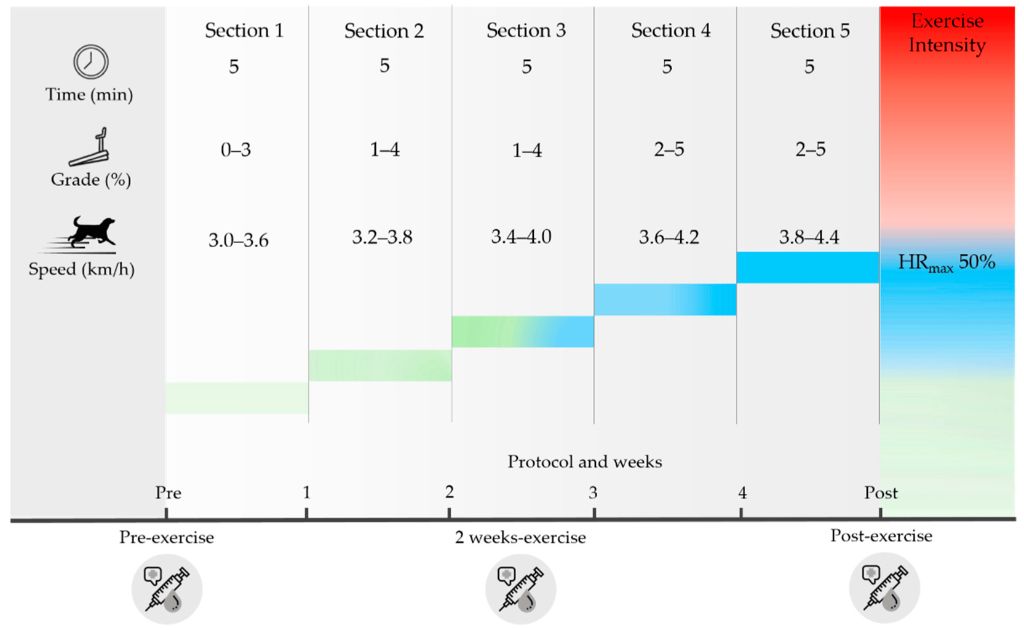Introduction
It’s no secret that dogs bring joy, comfort, and companionship into our lives. But can owning a dog also help boost your immune system? Research shows there are several ways dogs can potentially benefit immunity.
The thesis is that having a dog can benefit your immune system in certain ways. Living with a dog exposes you to more bacteria and microbes, which helps build immunity. Dogs also lower stress, which strengthens the immune response. Additionally, dogs motivate people to exercise more, another immunity booster. The social support of having a canine companion also aids immune functioning.
While dogs can positively influence immunity through these pathways, the effects are complex and depend on the individual. Overall, dogs seem to provide immune upsides, but more research is still needed.
Dogs Expose You to Microbes
Contact with dogs introduces new microbes into the home. Dogs spend time outdoors exploring nature where they pick up various bacteria, viruses, parasites, and fungi in their fur and paws. When they come inside, these microbes get transferred throughout the home on surfaces that dogs touch. Their microbes may also become airborne or get passed directly to humans through petting, kisses, and sharing spaces.
This greater exposure to diverse environmental microbes seems to benefit immune health. Researchers have found that infants growing up in homes with dogs tend to have fewer illnesses and infections in early childhood. Their immune systems become accustomed to dealing with microbial challenges, making them better prepared to fight off pathogens. Adults also gain immune benefits from coming into contact with dog microbes that their bodies are unaccustomed to.
Exposure Builds Immunity
Early exposure to diverse microbes trains the immune system. All the dirt, bacteria, viruses, and fungi a dog brings into the home exposes you to different pathogens from an early age. This helps develop a strong immune system that can respond effectively to new invaders later in life. Preliminary research finds that exposure to dogs in childhood may reduce a person’s chances of developing allergies as well as boost the diversity of their gut microbiome. Both of these effects strengthen overall immunity.

Dogs Lower Stress
Stress takes a huge toll on the immune system. Chronic stress suppresses immune function by lowering white blood cell counts and antibody responses. Stress hormones like cortisol also interfere with the immune system. Anything that helps manage stress levels will support better immunity.
Petting and playing with dogs has been scientifically proven to reduce stress hormone levels. In studies, cortisol levels declined significantly in people after petting dogs. Lower cortisol means less immune suppression. Dogs function as social support, providing calming effects that buffer stress. The companionship of a dog can make you feel more relaxed on a daily basis.
Stress Weakens Immunity
When we experience chronic stress, our bodies produce more of the hormone cortisol. While cortisol helps regulate blood pressure and blood sugar, having high levels over long periods of time can start to impair the immune system.
Studies show that people under constant stress are more susceptible to infections like the common cold and flu. This is because cortisol lowers the production of cytokines, which are proteins that help coordinate our immune response. High cortisol also reduces the activity of natural killer cells, which are a type of white blood cell that helps destroy infected cells.

By helping buffer stress, dogs can therefore play an important role in supporting a properly functioning immune system. Simple things like petting a dog have been shown to reduce cortisol levels and feelings of anxiety or worry. The companionship of a pet can act as a safety signal that tells the brain to calm down its stress responses.
Exercise with Dogs
Walking dogs provides moderate exercise that can strengthen the immune system. Taking your dog for a 30-minute walk, jog, or run allows you to raise your heart rate and break a sweat. This level of cardiovascular activity has been shown to boost immune cells called lymphocytes that fight off infections.
Regularly getting a dog outdoors motivates people to get moving more. In fact, studies show dog owners walk more often and for longer durations than non-owners. This consistent physical activity from dog walking offers ongoing immune system benefits.
Through walking and playing fetch, you can easily meet the recommended exercise guidelines of 150 minutes of moderate activity per week. Meeting these exercise targets reduces inflammation and helps immune defenses work optimally.
Making exercise a daily habit with the motivation of a dog has significant benefits for immunity. Consistency is key, as the positive effects are greatest when exercise is done regularly over an extended period of time. So leashing up your dog and heading out for a brisk walk daily can give your immune system the boost it needs.
Exercise Boosts Immunity
Why does moderate exercise support a healthy immune system? During exercise, the body increases blood circulation and breathing rates. This circulates more immune cells throughout the body to search for pathogens. Exercise also raises body temperature slightly, which may prevent bacterial growth. Furthermore, active muscles release proteins called cytokines that activate and direct immune cells.

Research confirms that regular, moderate physical activity has immune-boosting effects. One study found that 150 minutes of moderate exercise per week, such as walking or cycling, reduced the number of days people developed upper respiratory tract infections by up to 40%. Other studies show that even a single session of moderate exercise increases the circulation and function of immune cells.
The takeaway is that regular, moderate physical activity supports immune health. Getting the recommended 150 minutes per week of exercise by walking your dog is an enjoyable way to reap these benefits. Just be sure to avoid excessive exercise that may cause immune suppression.
Social Support
Dogs can benefit your immune system by providing companionship and emotional support. Loneliness and social isolation have been shown to negatively impact the immune system. Lacking close relationships and feelings of connection with others can lead to chronic stress and inflammation in the body. Dogs provide constant affection and friendship, fulfilling the human need for belongingness and intimacy.
Owning a dog gives many people, especially those living alone, a sense of purpose and unconditional love. Dogs can act as social catalysts as well, facilitating interactions with other pet owners and community members during walks or visits to dog parks. Several studies have demonstrated pet owners have stronger social networks and interact more frequently with other people.
The social and emotional support dogs provide can alleviate feelings of loneliness, anxiety, and depression. This helps lower stress hormone levels and maintain healthy immune function. Dogs keep owners active through outdoor excursions and playtime. The joyful presence of a dog has also been shown to elevate mood through the release of oxytocin, dopamine, and serotonin. All of these benefits translate to a boosted ability to fight off illnesses and infections.
Relationships Aid Immunity
Having social connections and companionship is also linked to better immune function. Studies show that people with more social relationships and emotional support tend to have healthier immune systems. This may be because relationships reduce stress and promote positive emotions.
Dogs provide constant companionship and friendship. Pet owners report lower levels of loneliness and social isolation. Dogs give unconditional love and affection which can fulfill social needs. The social support of a pet has been shown to act as a buffer against stress.
By reducing feelings of loneliness and isolation, dogs can indirectly strengthen the immune system. Human interaction is still important for health, but dogs provide additional social and emotional support. The companionship of a pet dog complements human relationships.

Conclusion
In summary, owning a dog can provide many health benefits that help boost your immune system. Dogs expose you to a wide variety of microbes, especially if you let them lick you and sleep in your bed. This exposure trains your immune system and strengthens its ability to fight off infections. Dogs also help lower your stress levels through companionship and affection. High stress weakens the immune response, so dogs act as a buffer.
Additionally, having a dog motivates you to exercise more by taking them for walks and playing, which gives your immune cells a boost. Dogs provide valuable social support and friendship, which studies show helps immune function. The combined benefits of microbial exposure, lower stress, more exercise, and social bonding from dog ownership can enhance your overall wellbeing and resilience. The science indicates that having a furry companion by your side can indeed help keep your immune system strong.